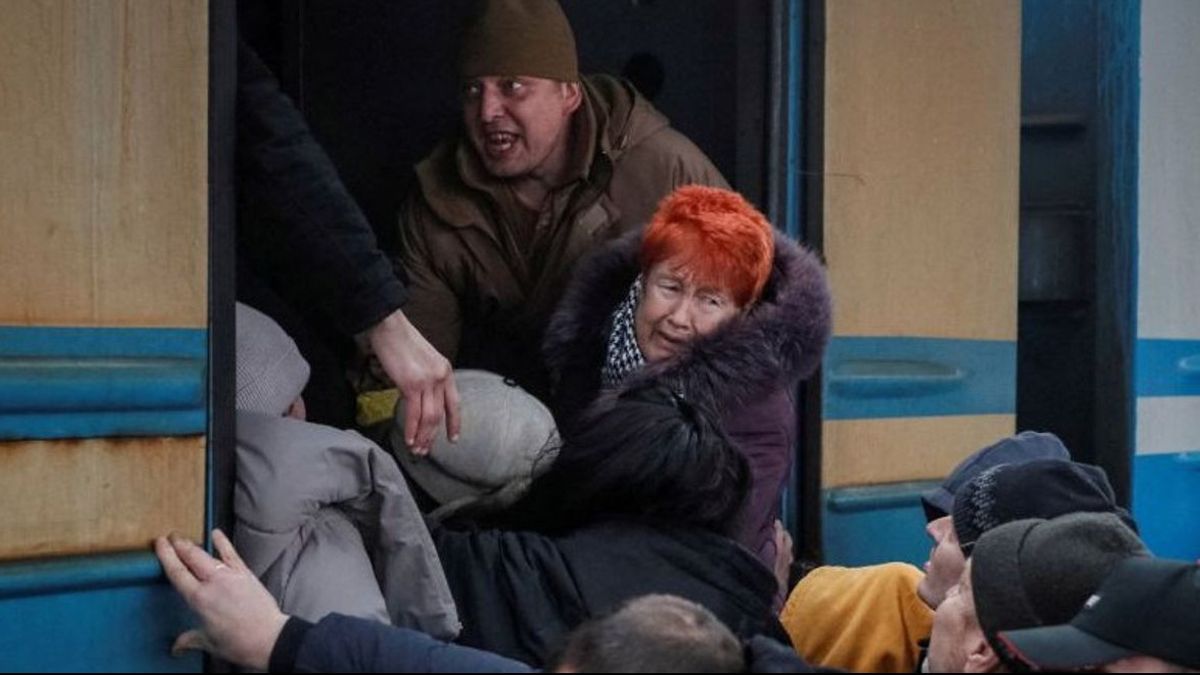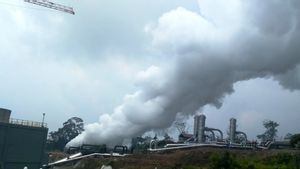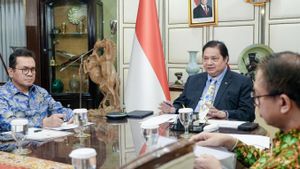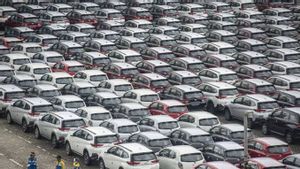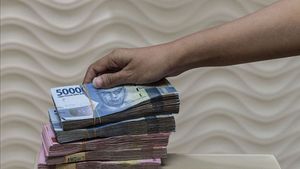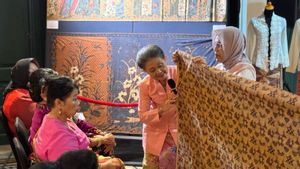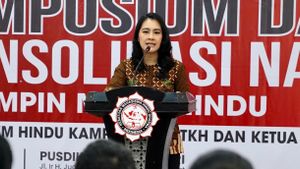JAKARTA – The International Monetary Fund (IMF) global financial organization cannot deny that Russia's special military operation in Ukraine has an impact on the economic sector.
IMF Managing Director Kristalina Georgieva said it was believed a wider and significant impact would have on the rest of the world if the situation in Eastern Europe dragged on for a long time.
"If the conflict escalates, the economic damage will be even greater," he said in an official report on Sunday, March 6, Western Indonesia time.
According to Kristalina, the continuous military activity causes conditions to remain highly volatile and the prospect of uncertainty becomes extraordinary with very serious economic consequences. He explained that energy and commodity prices, including wheat and other grains, continued to soar and added to inflationary pressures from supply chain disruptions and rebounds after the COVID-19 pandemic.
"The price shock will have an impact around the world, especially on poor households where food and fuel make up a higher proportion of spending," he said.
In order to have the effect of reducing this detrimental military activity, the IMF is said to have prepared a number of economic sanctions for Russia. However, the world's financial institutions are at a crossroads of decisions.
The reason is that intervention in the economic system means narrowing the space for Russia's cooperation with other partner countries that are not necessarily related to the military action. This means further slowing down the process of global economic recovery after being hit by the pandemic two years ago.
"Sanctions against Russia will also have a major impact on the global economy and financial markets, with significant spillovers to other countries," Kristalina continued.
One clear example is the potential disruption in the supply of Indonesian wheat supplied from Ukraine. Even though it is classified as importing in small quantities, the complicated situation in that country forces Indonesia to look for other producing countries to meet domestic needs.
The English, Chinese, Japanese, Arabic, and French versions are automatically generated by the AI. So there may still be inaccuracies in translating, please always see Indonesian as our main language. (system supported by DigitalSiber.id)
